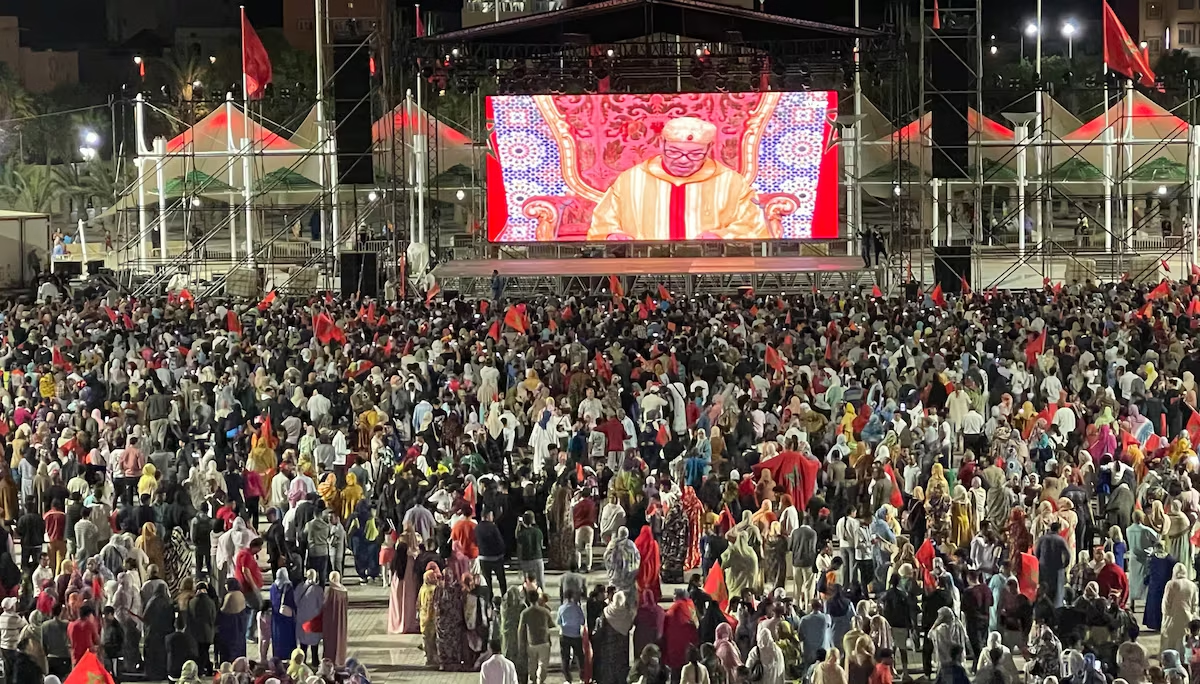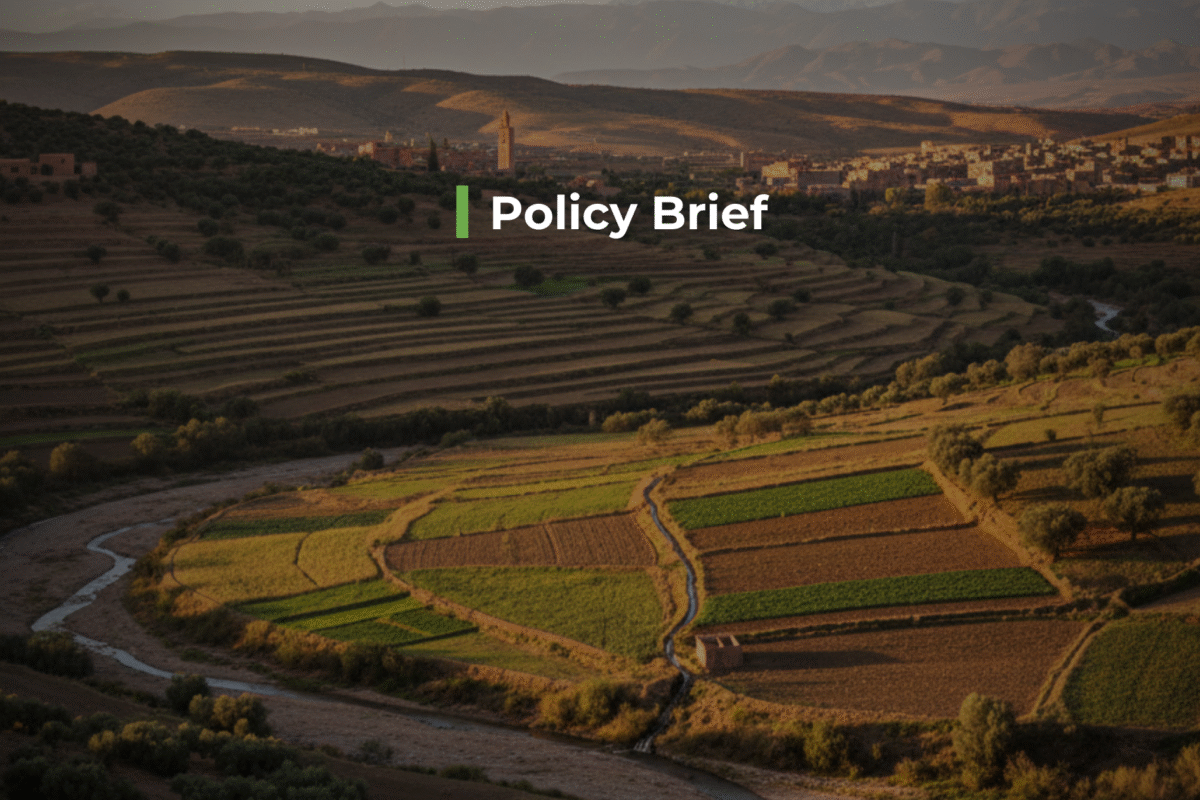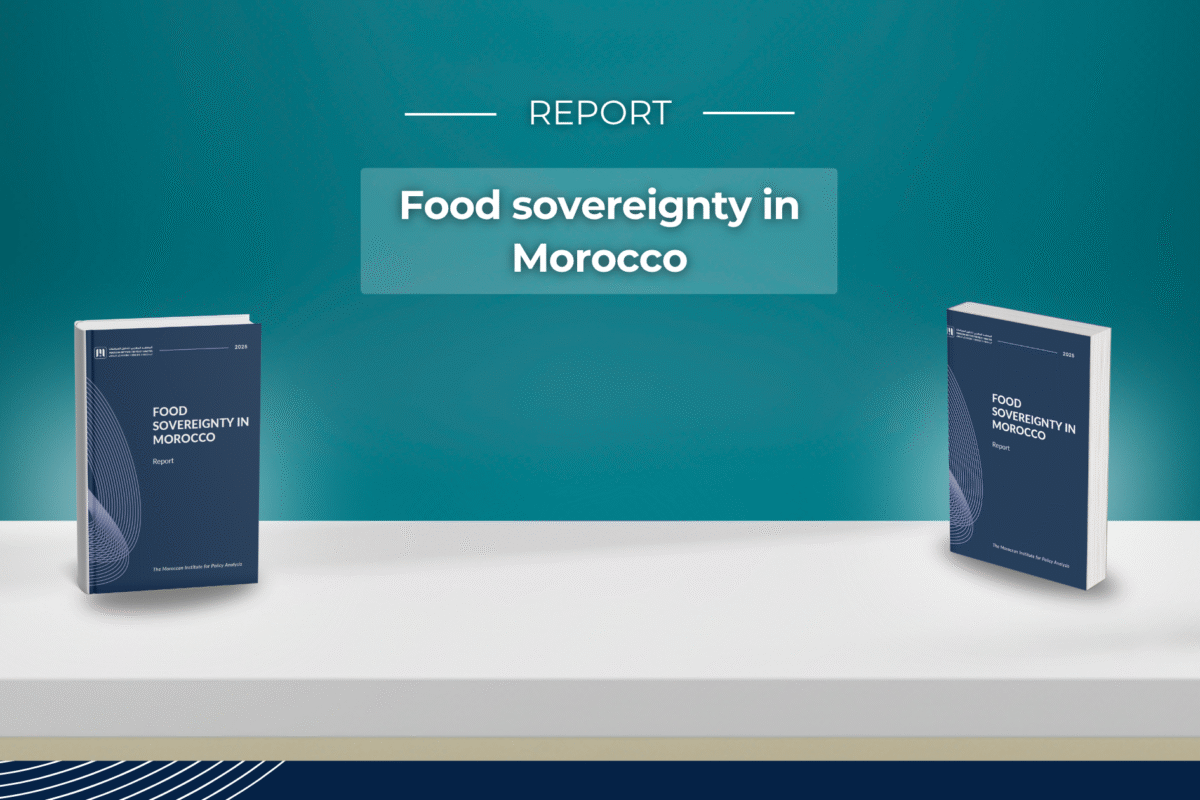[vc_row][vc_column][vc_column_text]
Over the past two decades, the Kingdom of Morocco has undertaken dramatic shifts in the religious sector, from the expansion of the religious bureaucracy to the establishment of new institutions for research, public messaging, and education. These efforts have been, in no small part, aimed at mitigating the influence of the violent extremist organizations that have radicalized thousands of Moroccans. Though the religious sector programs are just one piece of a larger national strategy to counter violent extremism (CVE), they provide a valuable case study for international policymakers and civil society practitioners who hope to strengthen the contributions of religious actors in CVE.
This report unpacks local perspectives on the capacity and significance of the Moroccan religious sector in CVE, with a particular focus on the inclusion of influential religious actors who are not are part of the official religious establishment, such as Salafi leaders. Religious fundamentalists who oppose violent extremism – including many Salafis – can play a pivotal role in either fueling or preventing radicalization, and thus represent a critical consideration in any strategy to engage the religious sector in CVE. However, very little research, globally or in Morocco, has been devoted to determining how best to engage constructively with these actors, while significant attention has been given to promoting “moderate” religious voices.
To address this need, the International Center for Religion & Diplomacy (ICRD), in partnership with the Moroccan Institute for Policy Analysis (MIPA), conducted a mixed-methods study of the perspectives of Moroccan Salafis, Islamists, and other religious actors. The study represents one piece of ICRD’s ongoing, multi-country series to develop actionable lessons for effectively engaging Salafi and other fundamentalist groups in the practice of CVE.
Executive Summary of the Report
Respondents in this study expressed mixed assessments of the Moroccan state’s approach to CVE, with particular concern being raised that the state has not approached the issue holistically enough to address the structural grievances that fuel radicalization. Overall impressions of the contributions of the religious sector were more positive – religious actors were generally perceived to be capable and active in countering extremism.
That impression, however, is complicated upon deeper inspection. In the eyes of the Salafi and Islamist respondents, official religious actors – those who hold state-sponsored positions – are less locally influential than independent or even foreign religious actors. In their speech and activity, official religious actors are seen as restrained, irrelevant, and archaic, which limits their ability to impact those with extremist sympathies.
Given this potential limitation, it is important to ensure that CVE efforts are inclusive of those religious actors who exercise influence among the populations at greatest risk of radicalization, which includes Salafi figures. While the state has taken some notable steps to engage with independent Salafi leaders, the Salafi respondents tended to view the state as an antagonist.
The relationship between Salafi communities and other potential CVE stakeholders is similarly tense. Salafi respondents expressed suspicion about the values and capacities of non-religious civil society organizations (CSOs), though there were some indicators of marginal improvement in the contact between the Salafis and CSOs. Concerns over differences in religious identity were coupled with unease at the involvement of the international community in CVE, with respondents strongly preferring support from Muslim-majority countries over that from the West.
In light of these findings, ICRD offers the following observations to improve engagement with religious actors on issues of CVE:
- If national religious institutions provide more specialized training for religious actors on direct community engagement and addressing sensitive theological issues, they could better adapt their discourse to be more relevant to at-risk populations.
- If official religious actors constructively connect with independent or informal religious actors, they would likely strengthen the influence and credibility of their CVE messaging among certain subsets of their community.
- If government officials and agencies allow or encourage human rights organizations to engage with Salafis’ about their lingering grievances, and use these insights as the basis for ongoing dialogue, it would likely lessen tensions with the Salafi population.
- If organizations working on CVE – both at the community and national levels – were to create more space for independent religious actors to play a meaningful role in forming and implementing programs, these programs may have a greater impact on certain insular communities.
- Facilitating greater technical support and collaboration in CVE from appropriate Muslim-majority countries or multi-lateral Muslim organizations could enable more CVE practitioners to build constructive bridges to Salafi communities.
- CVE practitioners – whether governmental or non-governmental – may be hesitant to collaborate with Salafis in addressing sensitive ideological issues, and may be better served by focusing on social programs that leverage their capacity as community influencers.
*This report was published by The International Center for Religion & Diplomacy (ICRD), in partnership with the Moroccan Institute for Policy Analysis (MIPA).
[/vc_column_text][/vc_column][/vc_row]
MIPA Institute
MIPA is a non-profit independent research institution based in Rabat, Morocco. Founded by a group of transdisciplinary researchers, MIPA’s mission is to produce systematic and in-depth analysis of relevant policy issues that lead to new and innovative ideas for solving some of the most pressing issues relating to democracy.



